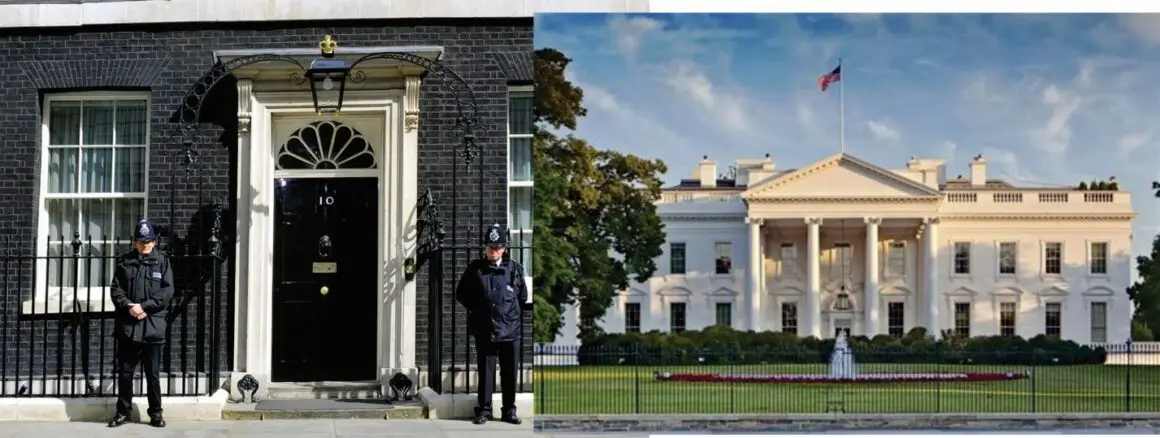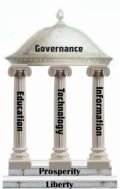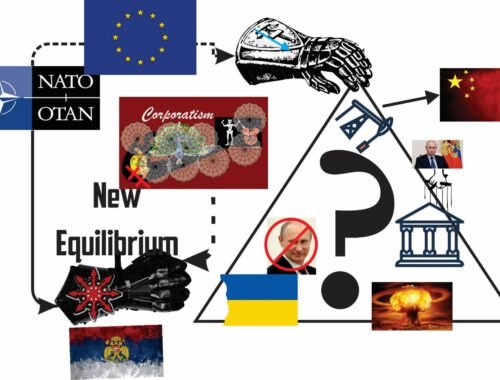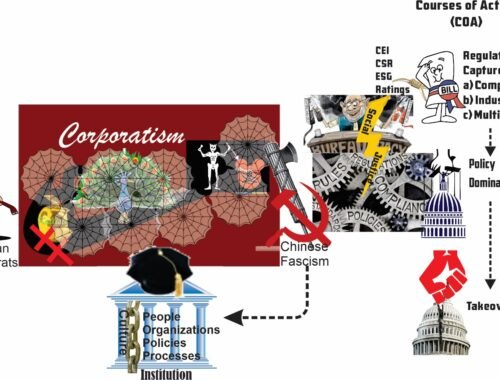
Comparative Politics and Political Change: what Works and Why?
“A Republic, if you can keep it.” Bejamin Franklin.
When I was in graduate school, I took a course on comparative political systems. The course readings seemed to favor the parliamentary system, and I took a bit of an exception to it. While writing Politics, Politicians, and Accountability, I thought about it again. The Difference Between Parliamentary and Presidential Form of Government website provides a useful comparison between the two systems.
The US arrived at our Constitutional Republic based on an extensive cultural history dating back to the Magna Carta and beyond that to the Anglo-Saxon Thing. The founders studied both the evolution of Britain’s government and the fates of Greece and Rome’s dance with representative governments.
My interest in comparative political systems pre-dates my graduate work. In the late 1990s, I wrote Unleashing the Wolf (Crusaders’ Vow Book 1) that looked at democracy vs. monarchy. About ten years after that, while I was the US European Command Deputy J5, I wrote a paper that essentially stated that trying to force fit democracy in Afghanistan and other countries was an exercise in futility. I concluded that if a country is not prepared culturally for a democratic form of government, it will not work. South Korea, South Vietnam, and Afghanistan are good examples. The US failed in South Vietnam and Afghanistan largely because we tried to impose democracy and did not stick around long enough or a cultural change to make it acceptable and shift the culture. South Korea was originally no receptive and for 20+ years after the Korean War, South Korea was largely a dictatorship. We stayed with South Korea, mentoring them and helping to shift their culture and largely succeeded. The outlier is Japan. They made the change rapidly after WWII. They also showed a tremendous ability to shift from a feudal, Shogunate society to a modern state that defeated Russia in a relatively few years.
There is something unique about Japan that needs further study. Perhaps the same can be said for Germany after WWII. They went from a dictatorship to a parliamentary democracy fairly fast. But Germany had a robust philosophical system that prepared them. Remember, Germany shifted from an imperial government to a democracy after WWI and the German people elected Hitler.
There is a cultural component to a state’s government. If the culture does not support the form of government, the government will collapse. The exception is when the country has an aspirational government, the people’s support and a mentor willing to help build the cultural and educational basis for that government. The US and South Korea and Taiwan are good examples.
The truth test of a “good” government is whether the government enables the people to achieve prosperity, peace, and stability. This is clear—the government is an enabling function and not an end in itself. A democracy that does not enable prosperity, peace, and stability is perhaps worse than a tribal system that enables them.
This is essentially what the Preamble to the US Constitution states:
We the People of the United States, in Order to form a more perfect Union, establish Justice, insure domestic Tranquility, provide for the common defence, promote the general Welfare, and secure the Blessings of Liberty to ourselves and our Posterity, do ordain and establish this Constitution for the United States of America.
The Declaration of Independence is also clear that power comes from the people and the government is an enabling function.
We hold these truths to be self-evident, that all men are created equal, that they are endowed by their Creator with certain unalienable Rights, that among these are Life, Liberty and the pursuit of Happiness.–That to secure these rights, Governments are instituted among Men, deriving their just powers from the consent of the governed, –That whenever any Form of Government becomes destructive of these ends, it is the Right of the People to alter or to abolish it, and to institute new Government, laying its foundation on such principles and organizing its powers in such form, as to them shall seem most likely to effect their Safety and Happiness.
The question is whether we, The People, understand these documents and believe they are still relevant and have merit. If so, then we need to teach them to our students and protect these concepts. But that does not mean we cannot alter the government to fit the needs of the people. Going back to the comparative political system course, perhaps there is a blend of parliamentary system and our current system that can promote greater political freedom. This may be especially true for political parties. In Federalist 10, Madison wrote:
The instability, injustice, and confusion introduced into the public councils, have, in truth, been the mortal diseases under which popular governments have everywhere perished; as they continue to be the favorite and fruitful topics from which the adversaries to liberty derive their most specious declamations.
Does the current 2 party system protect the Republic or cause the “instability, injustice, and confusion” Madison notes?
Or, alternatively, has the US lost the cultural basis for a constitutional republic with the lack of understanding of it and the mass migration of immigrants that do not have the shared culture?





